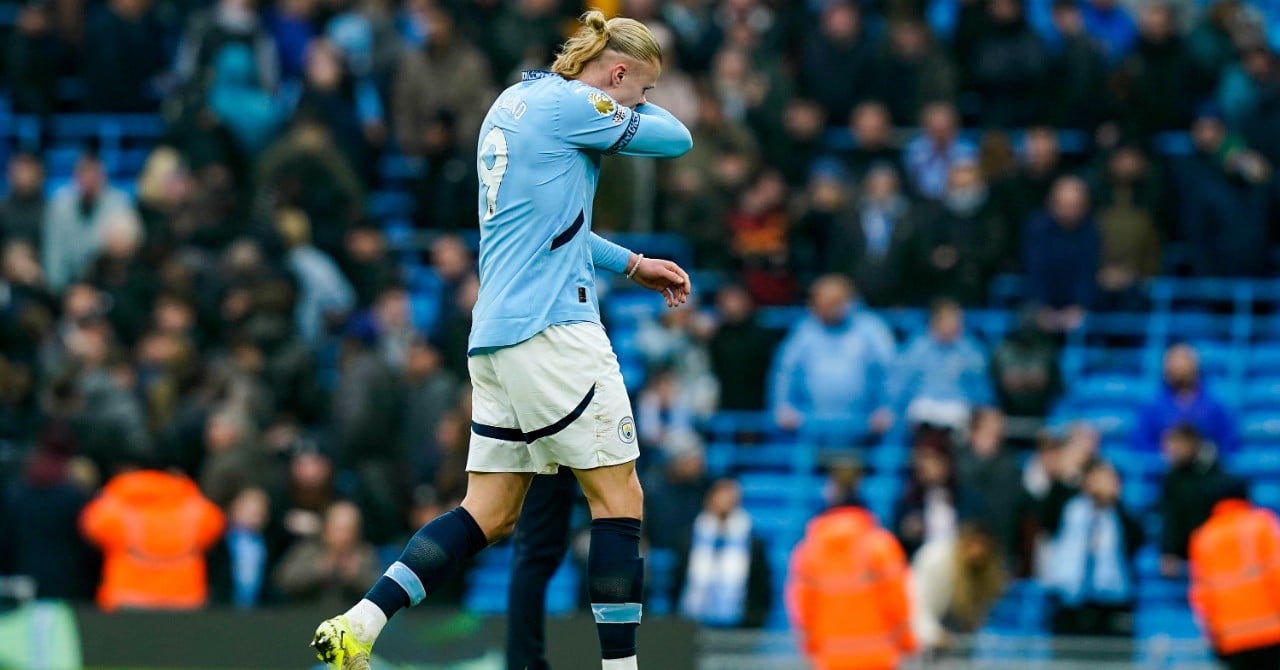ARTICLE AD
Real Madrid president Florentino Perez has a long history in the club’s history, and his two stints at the helm have fundamentally changed the entity on a global level.
The renovation of the Santiago Bernabéu stadium was thought to be his last big project, but it appears he is planning a much bigger change before he leaves.
The 77-year-old patriarch is ready to run for at least one more term and is exploring possibilities to strengthen the club’s position from a legal and financial point of view. The sale of 11% of La Liga television rights for 50 years as part of the CVC agreement, as well as various measures taken by UEFA (including the blocking of the Superleague) have been described as attacks and measures hostile towards the finances that Perez believes should be controlled by Real Madrid.
Furthermore, the increase in public ownership of clubs alongside the Premier League’s billionaires has increased fears that Los Blancos are falling into what Perez considers to be “wrong hands”. El Confidencial explains that Perez is exploring two options, one of which is to increase the rights of members, while modernizing the structure of the club and ensuring that the club remains owned by the club itself – it is not clear exactly what that entails at this stage, but it would mean turning it into a private company with members as shareholders.
A sale at 49.9%
The other solution would be a major change in Spanish football. Mr Perez discussed various options with law firm Clifford Chance and investment bank Key Capital Partners, including the possibility of listing Real Madrid on the stock market. JP Morgan and banker John Hahn are also aware of Perez’s intentions. Ultimately, this second option would involve getting approval from members to put up to 49.9% of the club up for sale, but capping the amount of the club that could be sold, so members would still remain the controls.
Choosing the latter solution would constitute a major change in the club’s ownership model and, although it could take it into different legal territory, it would mean abandoning a large part of the club to interested investors, rather than its members. In theory, each member has an equal say in the future of the club, while opening the door to investors would end this situation, although members will have the final say on major decisions.
Written by:
Manu Tournoux is a passionate and knowledgeable football enthusiast with a special focus on French football. Born and raised in France, Manu discovered his love for the beautiful game at a young age and developed a deep understanding of the ins and outs of "Le Championnat." His French roots and extensive experience in football journalism have made him an invaluable asset to the French Football Weekly team.
 
 As an author for the website, Manu's expertise includes not only in-depth analysis of Ligue 1 and Ligue 2 matches but also insightful profiles of up-and-coming talents, detailed transfer news, and engaging coverage of the French national team. His captivating writing style and undeniable passion for the game have earned him a loyal following among our readers.
 
 When he's not crafting engaging articles for French Football Weekly, Manu enjoys attending live matches whenever he can, exploring football culture in various French cities, and engaging in spirited debates with fellow fans. Feel free to follow Manu on Twitter and interact with him as he shares his expert opinions, insights, and love for French football.

.jpg) 8 months ago
21
8 months ago
21 
